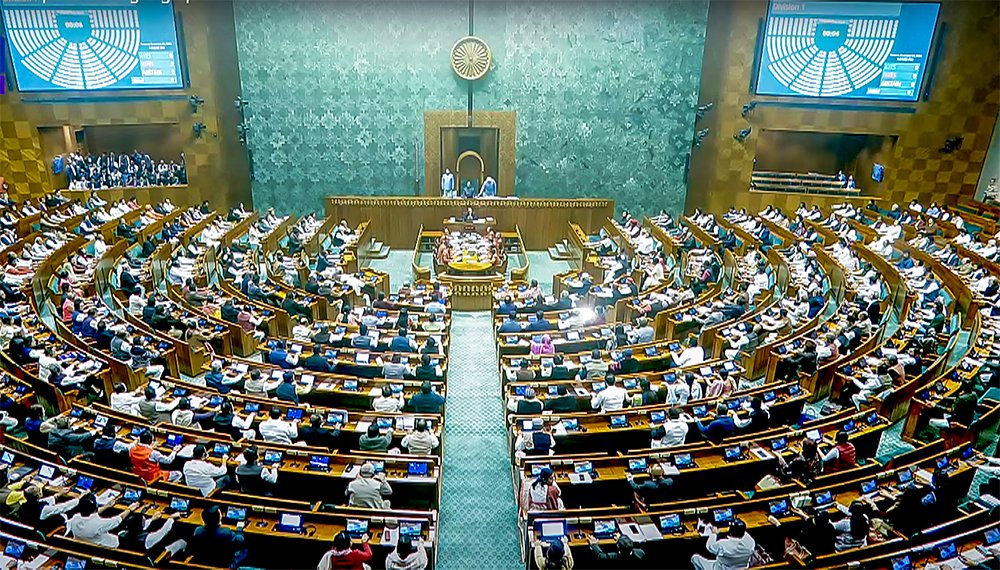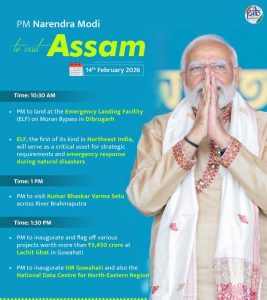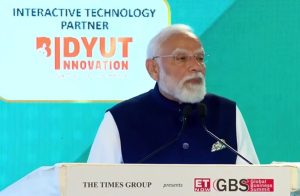The Lok Sabha has passed the Taxation Laws (Amendment) Bill, 2025 and the Income-Tax (No.2) Bill, 2025 with voice vote today. Union Finance Minister Nirmala Sitharaman moved these legislations amidst protest by the opposition members over the Special Intensive Revision exercise in Bihar and other issues.
The Income-Tax (No.2) Bill, 2025 is intended to consolidate and amend the law relating to income-tax while the Taxation Laws (Amendment) Bill, 2025 will further amend the Income-tax Act, 1961 and to amend the Finance Act, 2025.
Since 2014, Government has taken number of reforms. The Income Tax law has also reformed over the last ten years which include Corporate tax reforms, Personal Income-tax Reforms, Reforms in taxation of Capital Gains, merging of two regimes of trust provisions etc. Tax administration has been made more efficient, transparent, and taxpayer-friendly. In continuation with the series of reforms, simplified Income-tax Bill, 2025 was introduced in the Parliament on 13th February this year after completing the exercise of simplification in a record period of six months. The Bill was referred to a Select Committee which submitted its report on 21st of last month.
The Government has accepted almost all of the recommendations of the Select Committee. Significant features of the Income-tax Bill, 2025 include the deduction under 80M of IT Act, 1961 (Clause 148 of the IT Bill, 2025) is also available to companies who have opted for the new regime. The deductions for commuted pension and gratuity for family members are provided under Clause 93 of the IT Bill, 2025. The provisions of MAT (Minimum Alternate tax) and AMT (Alternate minimum tax) are separated as two sub-sections under section 206.
The provisions of AMT are applicable only to those non-corporates who have claimed deductions. Limited Liability Partnership, LLPs, who have only capital gains income are not liable for AMT if there is no claim for deduction. To support the digital economy, Clause 187 adds the term “profession” to existing provisions for businesses, mandating electronic payment modes for professionals with receipts exceeding 50 crore rupees. Flexibility has been provided for allowing refund claims in cases where the return is not filed in due time with the removal of Clause 263(1)(ix).








